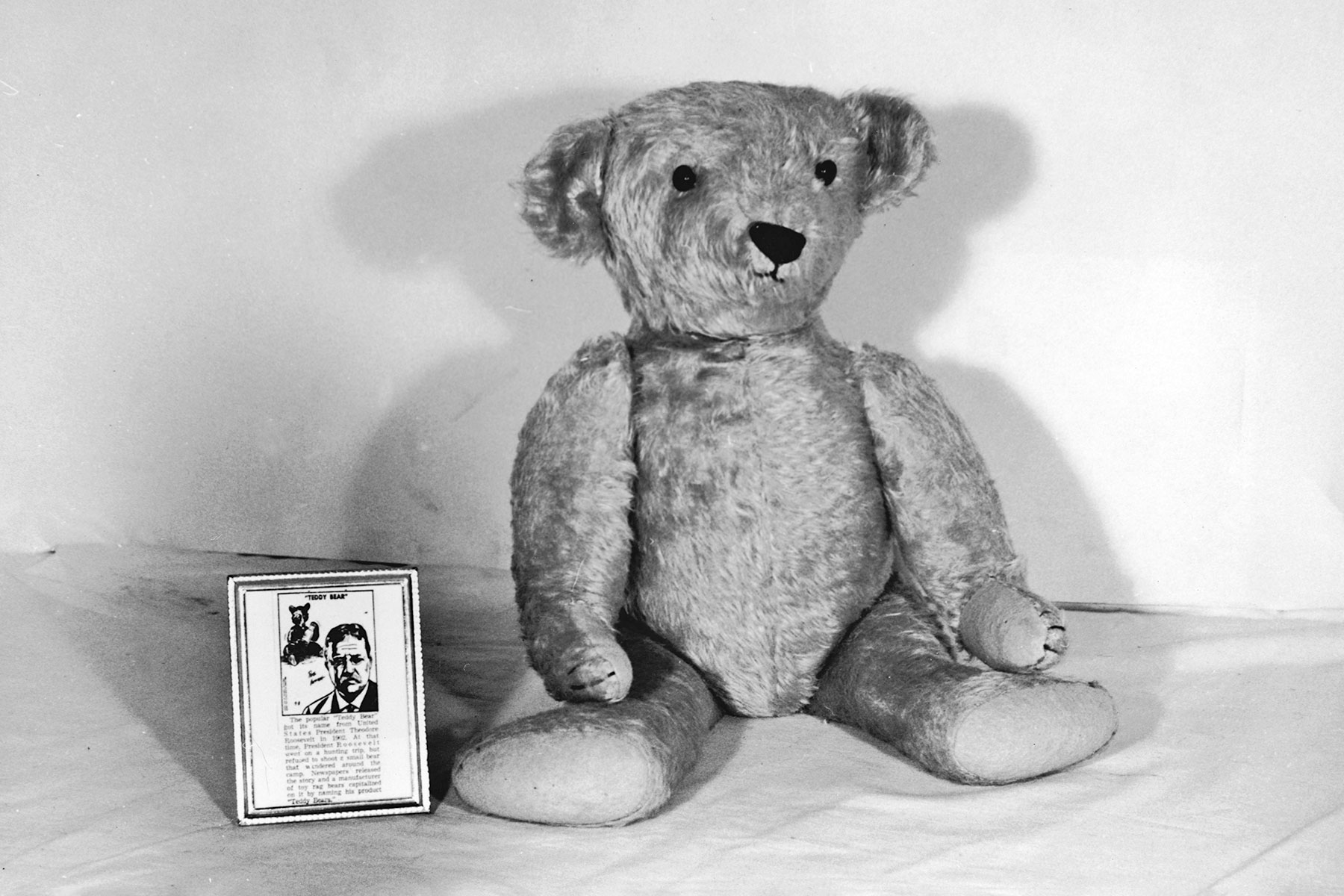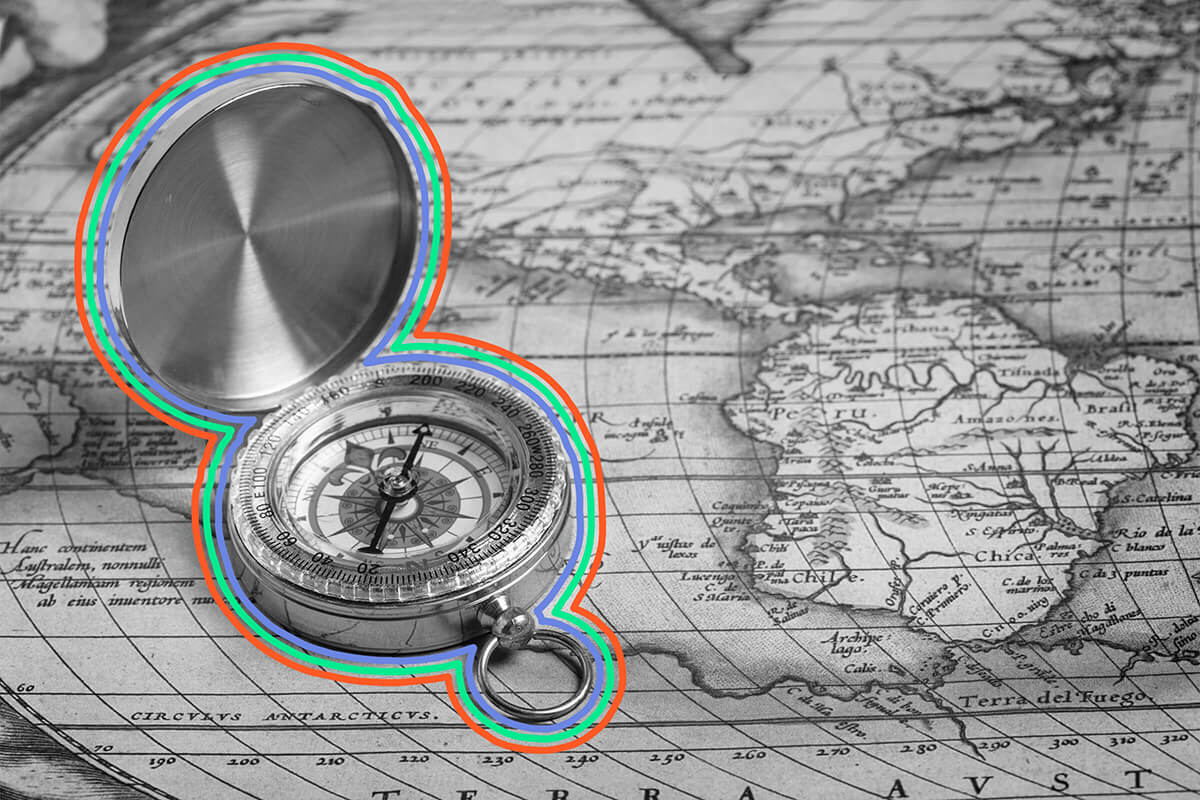| P erhaps because of the universally uplifting feeling of starting anew, you can find similarities between the lively New Year's celebrations found in many countries today and those of the oldest recorded civilizations. The ancient Egyptians, for example, shared huge meals and partook in music and dancing to commemorate the pending flooding of the Nile with the festival of Wepet Renpet, meaning "opening of the year." And the Babylonians of Mesopotamia enjoyed their own extended gala some 4,000 years ago with rituals that may have included a prototype of our modern-day New Year's resolutions. |
|
| Held in March to mark the start of the planting season, the 12-day Babylonian festival of Akitu —which began on the first new moon of spring — was a time to honor the supreme god Marduk, his son Nabu, and the other deities who watched over the people. For the king, this included a humbling ceremony in which he was stripped of his regalia, struck across the face, and dragged by the ears by the high priest to atone for any sins committed. It's believed the rest of the common folk, spared of such physical punishment, instead engaged in prayer, promising that they would repay their debts and otherwise conduct themselves in sterling fashion to please the gods. |
| While the Babylonians may have been the first to introduce these promises to a celebration marking the start of the year, the Romans were the first to deliver theirs in January. For that we can thank the wide-reaching Roman calendar, which moved the first month of the year from March to January. Named for the two-faced god Janus, who both looked back at the past and faced the unknown future, the first month became a time for officials to pledge their vows of loyalty to Rome — a custom that continues in the less urgent but no less earnest tradition of the countless people who pledge to get off the couch and hit the gym in the new year. |

















Tidak ada komentar:
Posting Komentar